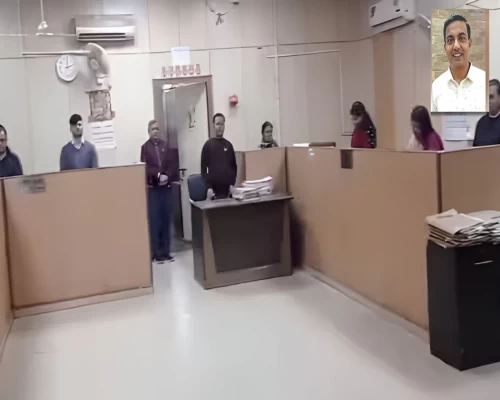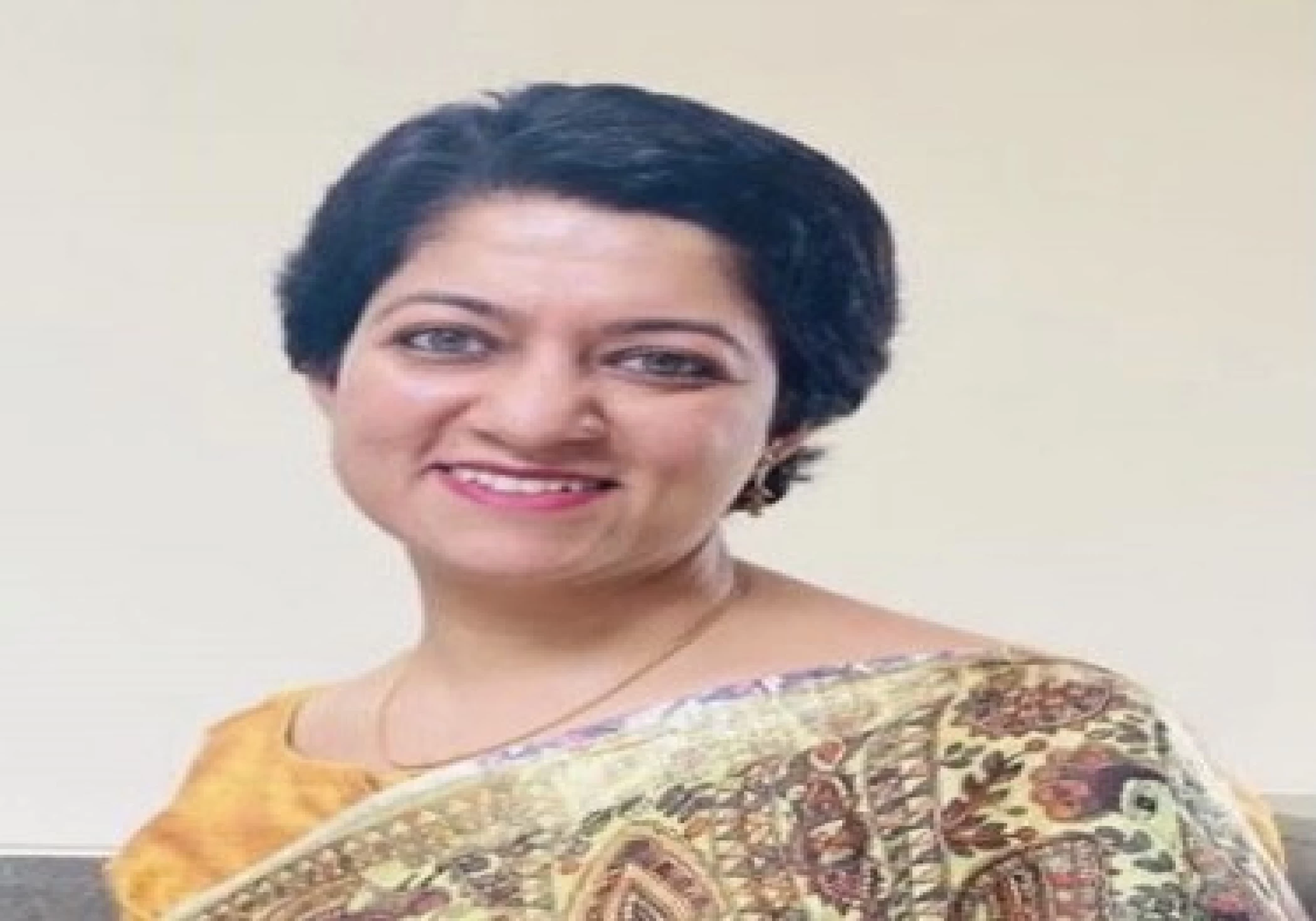
When I was about to join bureaucracy, I thought of an ambassador car with a red beacon but before I could enjoy one, it was driven away. I had dreamt of chasing smugglers holding revolvers in hand, then I was made to understand we do not really carry weapons. Office life is not an action thriller and even the dreaded tax department raids aren’t all that dramatic. So, I am not sure why anyone would want to read my story, which by the way is also not a story of rags to ranks. I want to share a rather boring story of constantly challenging implicit gender biases around me and compelling intrinsic need to empower others to reject gender stereotypes. If you have an appetite for drab, then go on and read.
I had a privileged upbringing, and I didn’t have to struggle for education or amenities for which I feel immensely grateful. I was fortunate that my parents encouraged me (and sister) to acquire new skills, and while doing everyday activities I learnt to defy norms whether it was learning karate or cleaning my father’s rifle and doing annual weapon Pooja. My mother, who had made it to a senior position, shared her struggles as a woman in a simple yet effective manner. I was told to believe in my abilities, have courage and never give up. Even today my fighting and coping skills are better than my cooking skills, at least my husband thinks so!
Prejudices and biases are unreal until you experience them. Being in the real world among a diverse set of people I started to understand the subtle interplay of gender nuances in our daily lives. There are certain untold criteria that decide women’s knowledge, competence, and social capital. The harsh judging or less objective judgment is reserved for women. The acceptance of certain gendered questions is so high that they are often confused with empathy or concern. My parental conditioning and position helped me cope with and reject biases. How about those who do not have voice or understand bias even if inflicted on them? This thought made me restless. The birth of my younger daughter made me further question how my worrying helped the situation? So, I chose to use my privileged background to empower others to understand, identify and reject gender-based biases and started to volunteer with social organizations.
Then when I got an opportunity to work in the training academy four years ago, I decided to systematically focus on behavior training of officers and staff towards responding to invisible yet omnipresent barriers to equal participation. Enthused by the response, I reached out to include stakeholders in the dialogue. I regularly started to interact with students and young adults on gendered socialization and helping them upgrade skills, coping and rejecting biased behavior.
Given the compulsions of demanding a day job, I haven’t even been able to do as much as I would have liked, however it satisfies me that a small step has been taken. In the last 3-4 years I have interacted with more than 10000 students and young adults on various aspects of gender inequality, inclusion, and everyday leadership through grassroot organizations like Udyan care, Telangana State welfare Hostels, Sanskriti Foundation etc. I have trained more than 1500 women entrepreneurs on skill upgradation, facing challenges and stereotypes, preventing workplace harassment through social and professional bodies. And, I still have miles to go…
Interacting with a diverse set of people compelled me to face and reject my own prejudices. As I call out every bias I encounter, I want to flag the newer challenges like intrusion of bias in Artificial Intelligence (AI) tools which are increasingly being used for recruiting and policy making. There is inherent bias in AI depending on the data used to train algorithms. The existing data biases are likely to get amplified unless AI data governance measures are initiated. For instance, Amazon’s AI based tool was found to be biased and driven to recruiting men for technical jobs. The individual efforts need to catapult into organizational efforts by policy intervention.
Most organizations still do not have a well laid diversity and inclusion policy. While the law against sexual harassment at workplace is well-defined and enforced; there is no comprehensive policy to check implicit gender-based discrimination. As policy and administrative response to gender bias is missing, individual efforts especially by those in places of authority need to continue and step up. To challenge established conventions does not always mean breaking norms; it also means creating new improved norms. It is heartening to see more people are choosing to challenge prejudices and inequality and are re-thinking the gender roles for a shared future.
By Vaishali Malhotra
(The writer is an IRS officer, presently working as Additional Director in National Academy of Customs, Indirect Taxes & Narcotics, Hyderabad. She is alumna of Indian School of Business, Netaji Subhas Institute of Technology, New Delhi, Scindia Kanya Vidyalaya, Gwalior. Her work as a volunteer towards gender sensitization and empowerment has been acknowledged by many organizations including Federation of Telangana Chambers of Commerce and Industry on Women’s Day 2019. The views expressed are personal.)




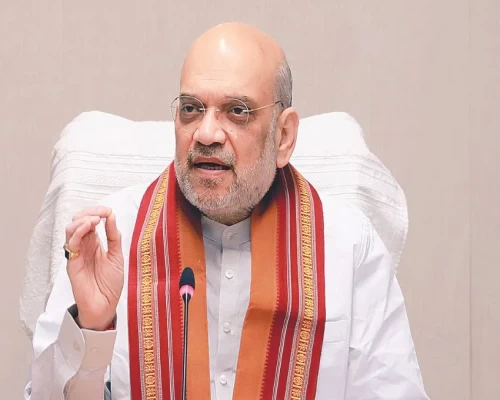


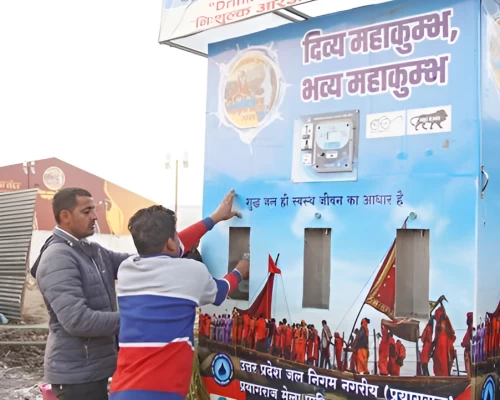

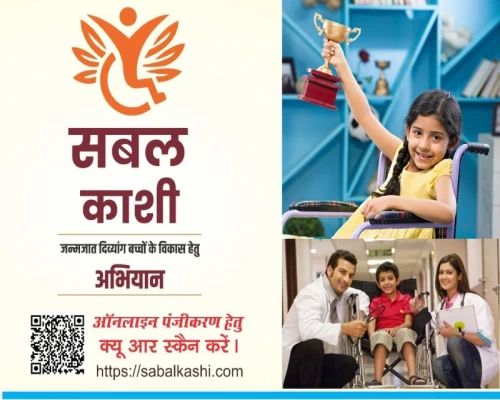

_500_x_400.webp)
